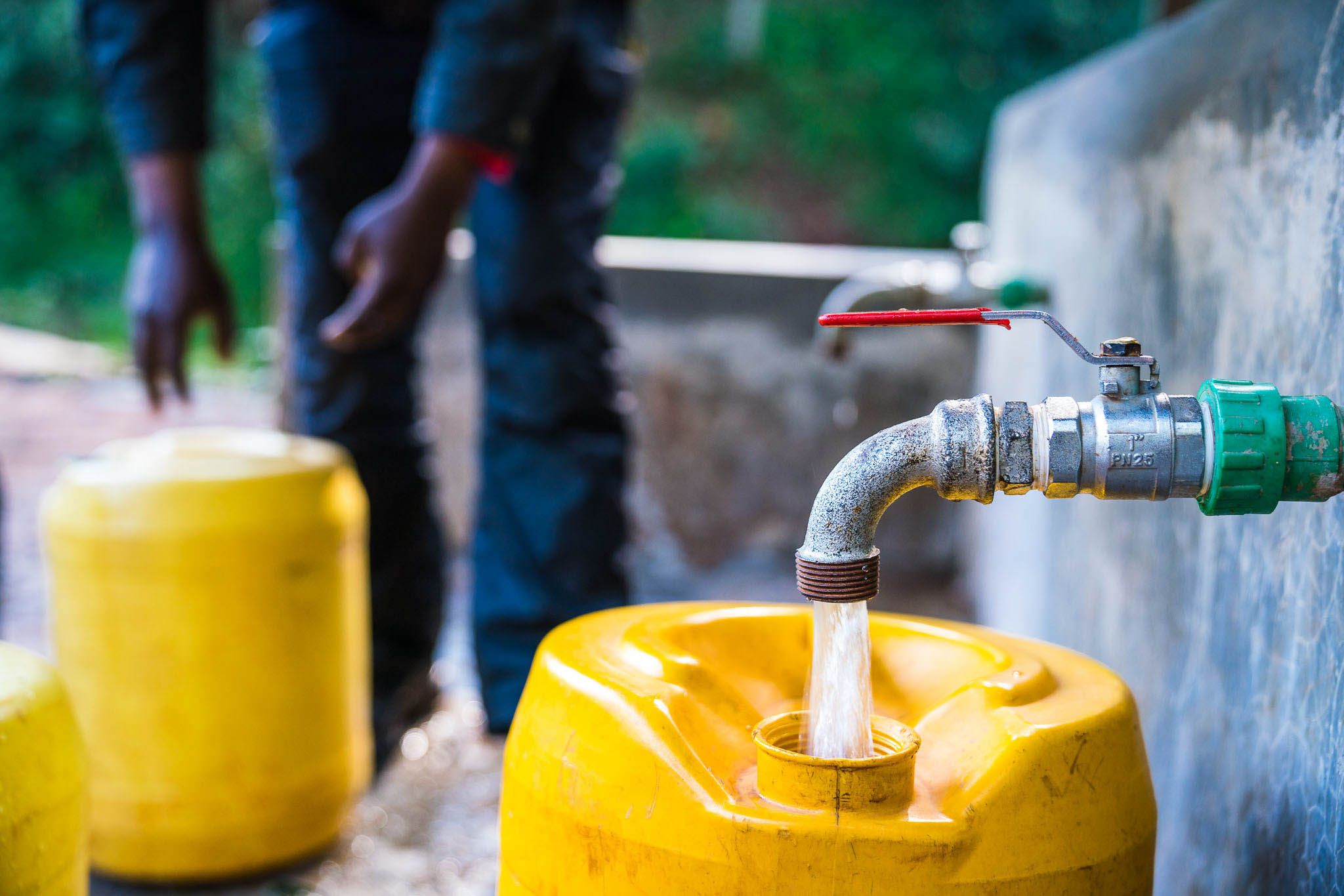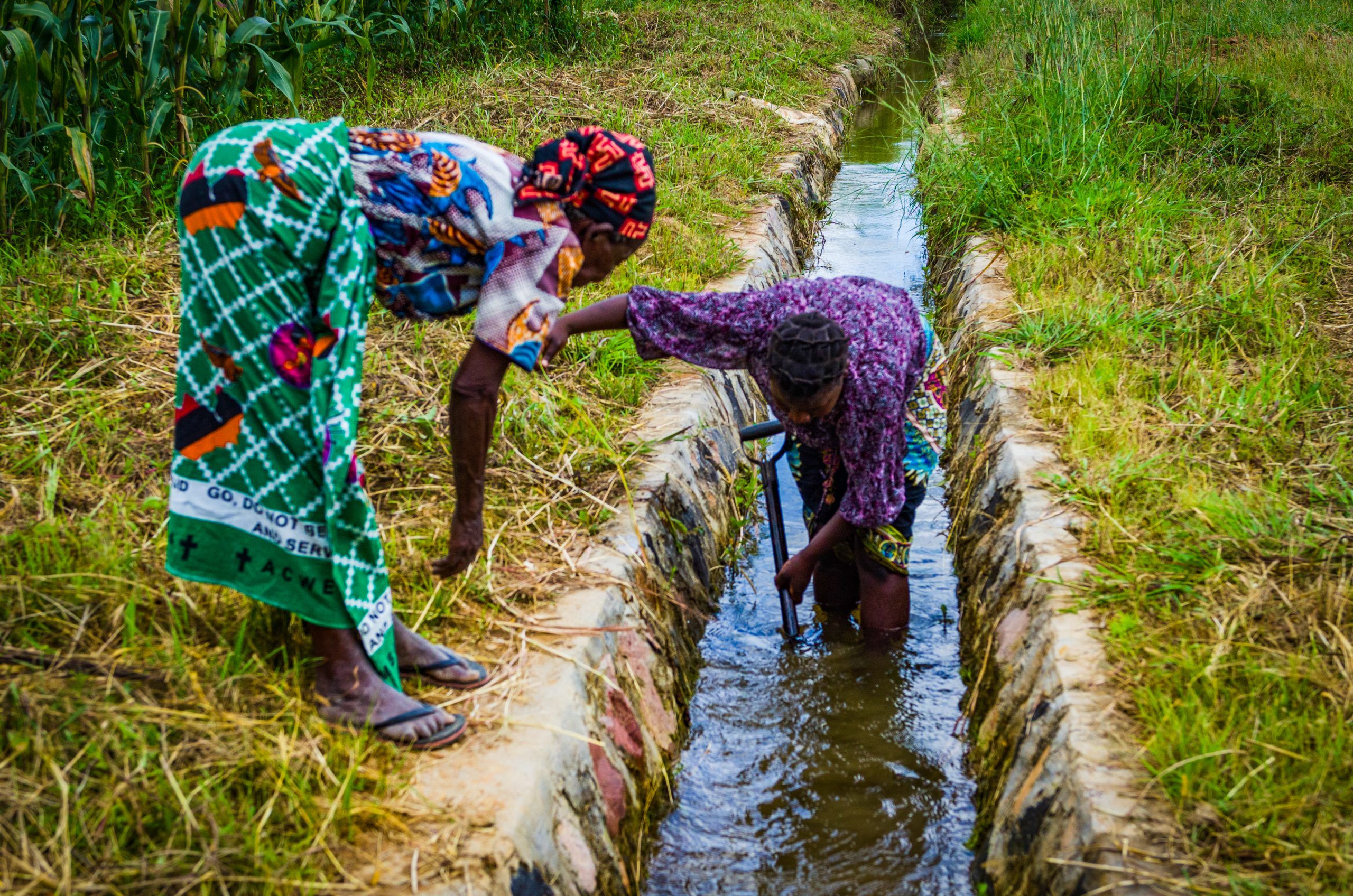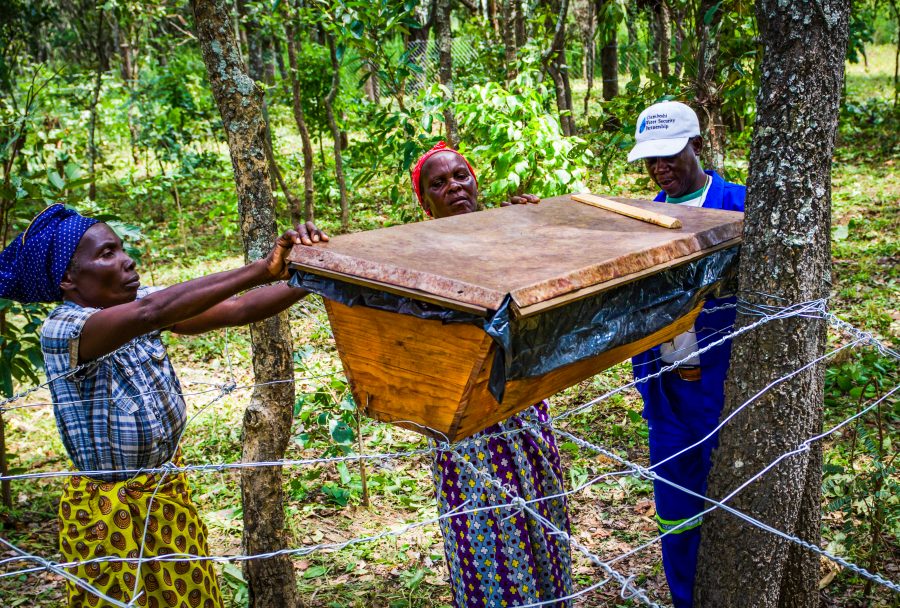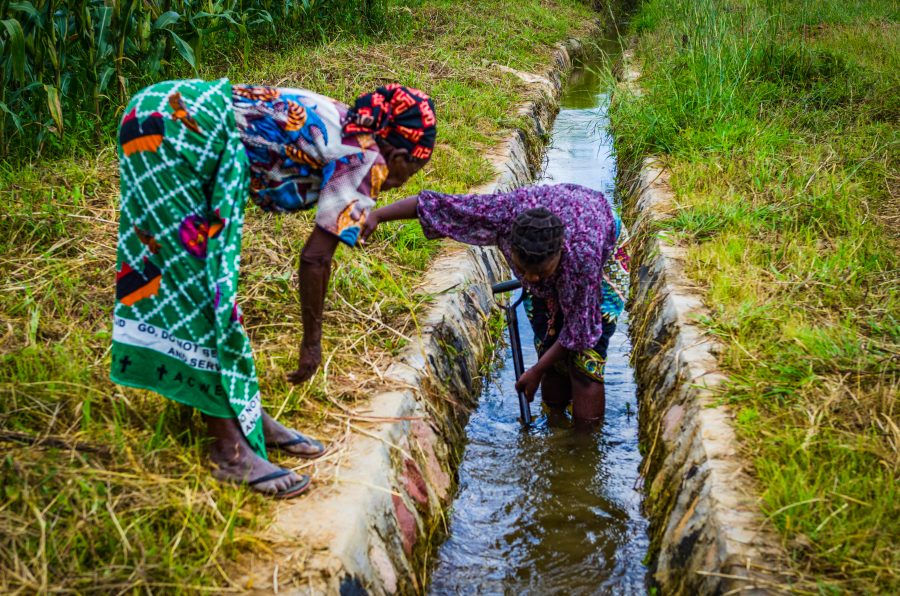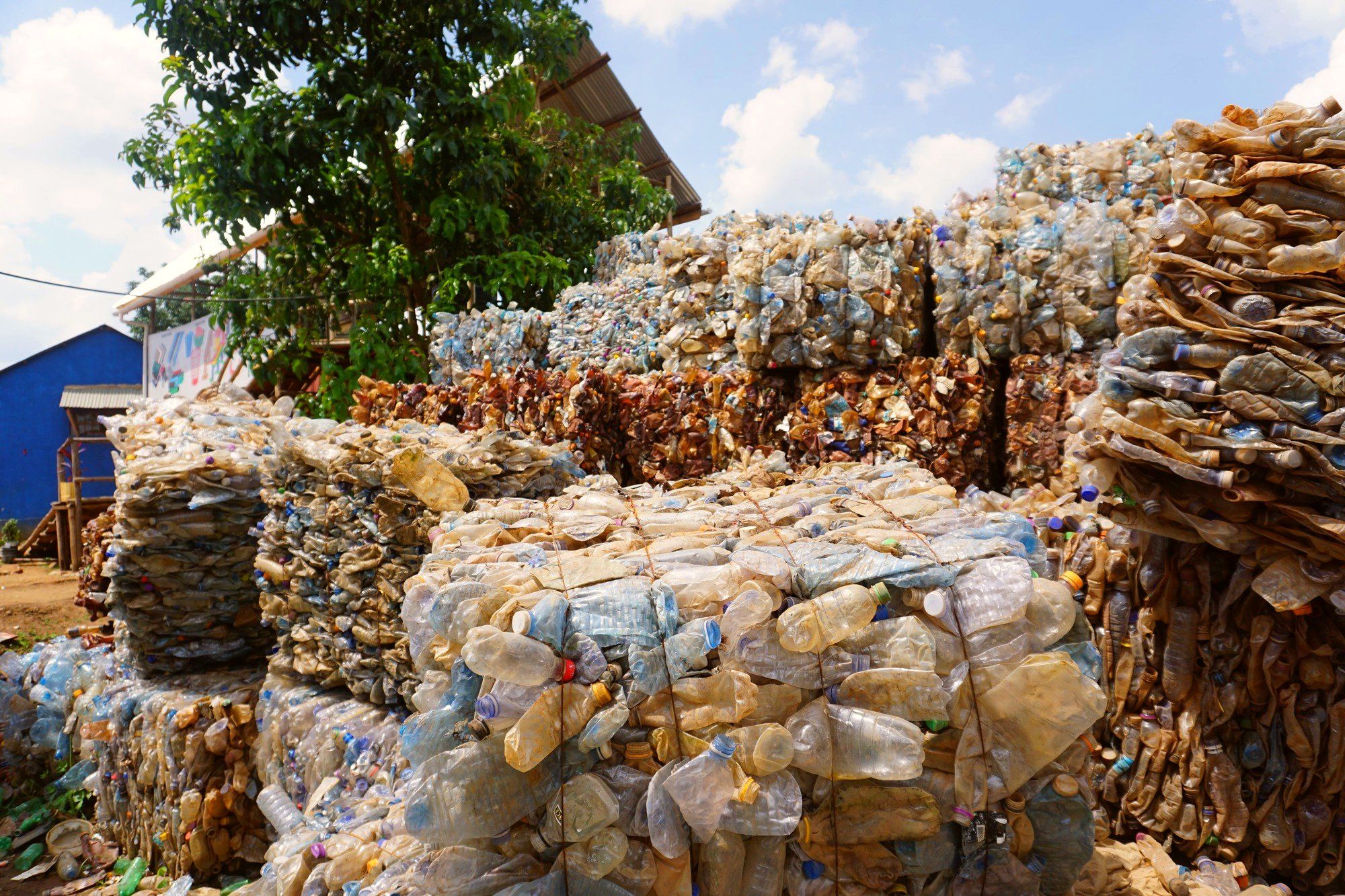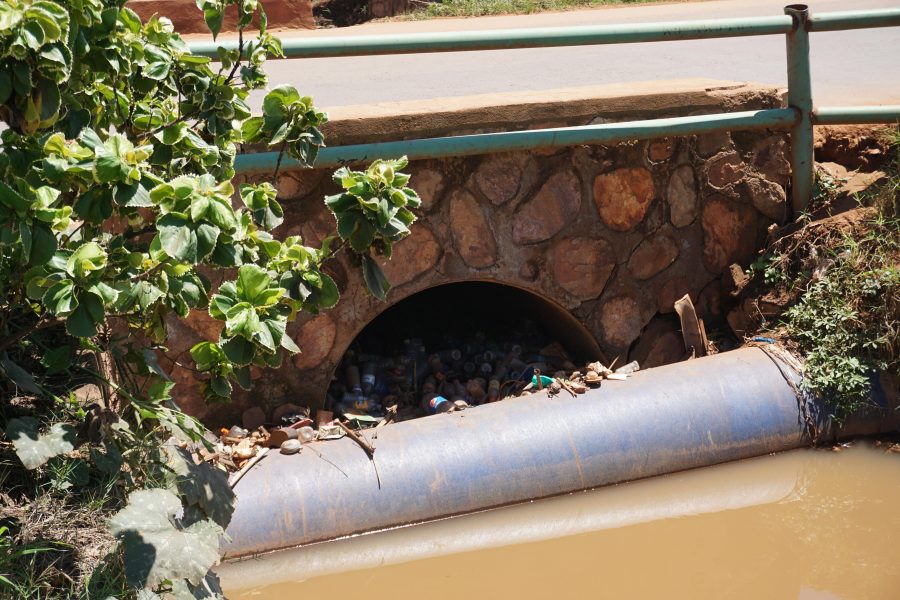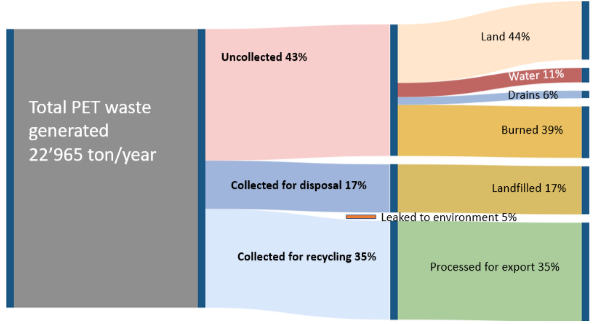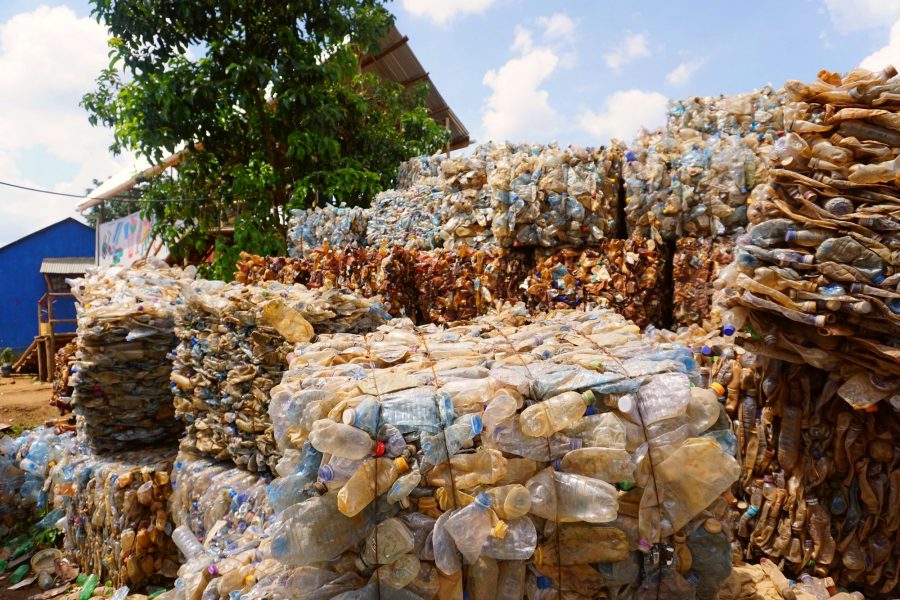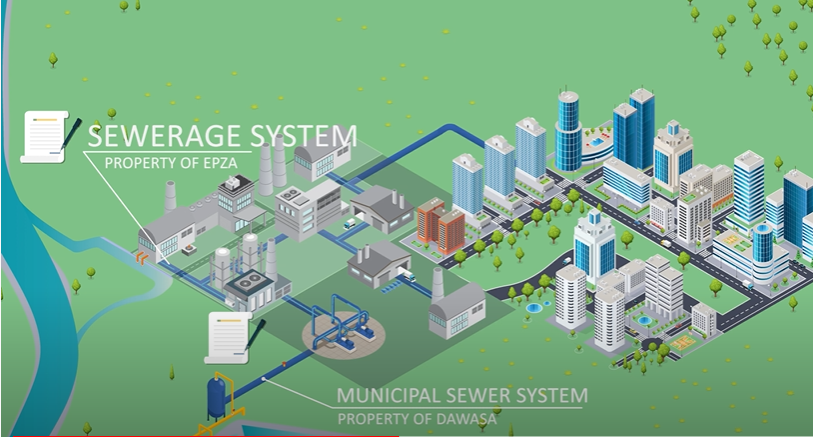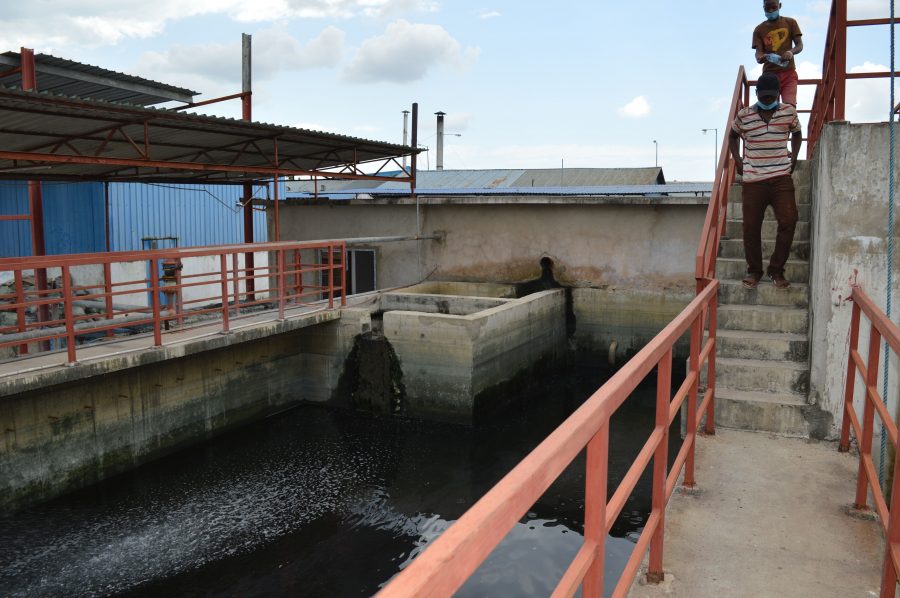Social Accountability for Water, Sanitation and Hygiene (WASH) in Lusaka, Zambia
WASH Forum in Lusaka’s George Compound hosted by LuWSI and Village Water Zambia
It is estimated that over 70% of people living in informal settlements in Lusaka continue to be disenfranchised when it comes to access to adequate WASH and solid waste management services. Although various interventions to tackle this problem have been implemented, the importance of cooperation within communities and with duty bearers in taking responsibility for these services cannot be underscored. Maintenance, appropriate use and awareness of WASH and solid waste services are key to improve the situation in the long run. In short, communities must develop social accountability for such services. This fosters good governance and ultimately improves WASH services for all.
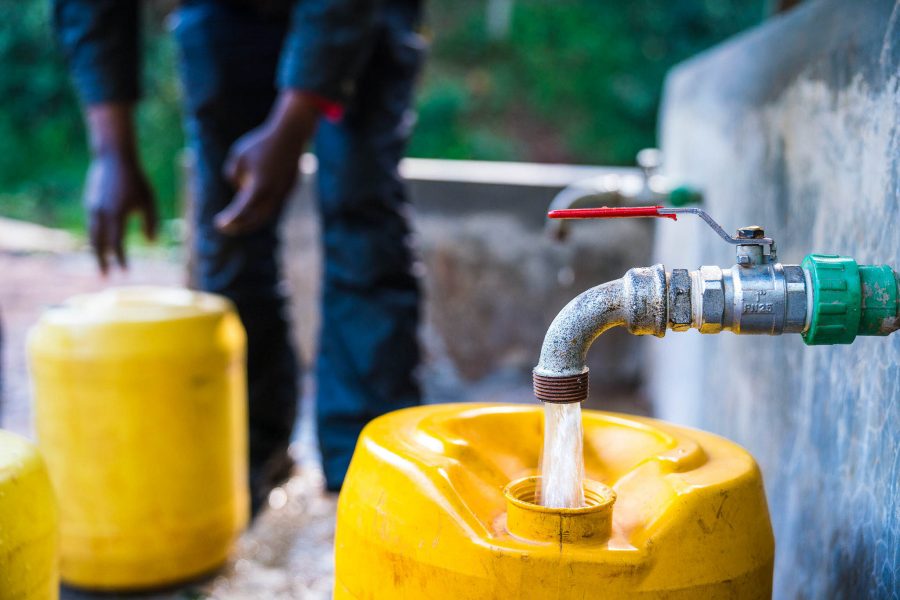
Copyright: GIZ/Jesper Anhede
To promote this cooperation, a virtual Water Sanitation and Hygiene Forum for social accountability took place on July 29th. The forum was hosted by the Lusaka Water Security Initiative (LuWSI) secretariat, in collaboration with Village Water Zambia (VWZ), a non-governmental organization operating in Zambia and member of LuWSI. VWZ strives to improve access to WASH services in George compound in Lusaka’s Matero Constituency, one of the city’s biggest informal settlements.
WASH Forum for social accountability in Lusaka’s George Compound
The purpose of the forum was twofold: First, to appraise issues around WASH services, solid waste management and drainage problems in George Compound. And second, to get insights into plans for improving the WASH status quo in George from the Members of Parliaments’ (MP) perspective. The forum culminated in a social contract, which was ratified by each of the prospective MPs as well as the people of George compound. In the contract, they assure their commitment to address these issues and implement the discussed plans, once they should be elected in the upcoming general elections.
As NatuReS, we believe in the power of partnership and collaboration for economic growth and mutual accountability to strengthen governance and sustain the wellbeing of vulnerable communities such as in Lusaka’s George Compound.
To stay up to date, also follow us on Twitter and Facebook!
Author: Sonile Mutafya, NatuReS Advisor Zambia
